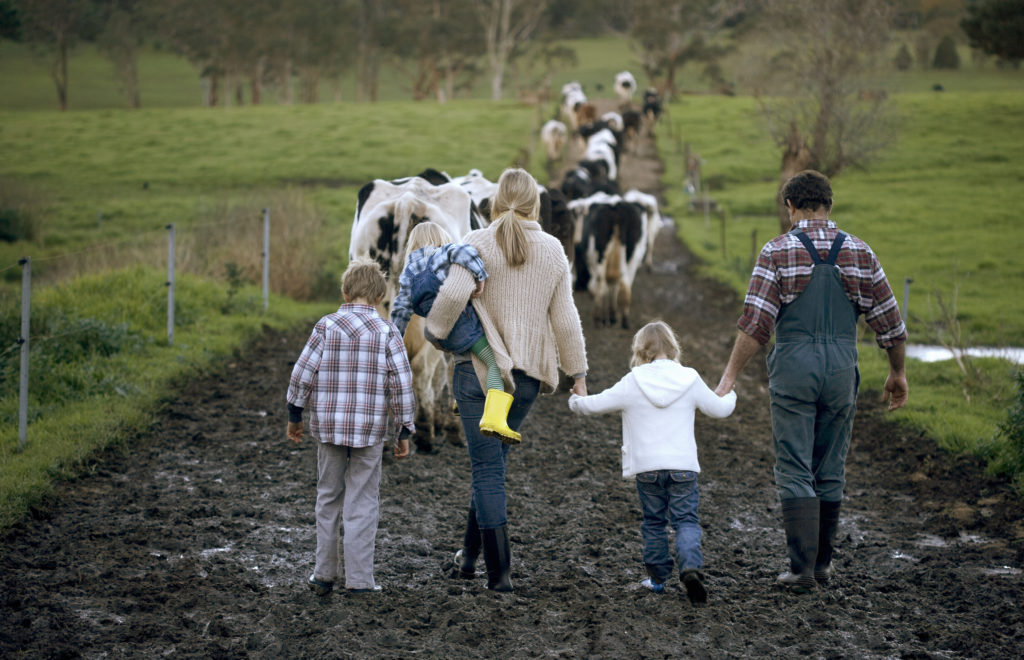
Following one of the most anticipated budgets for decades, there has been an outcry from the farming community relating to the changes to Agricultural Property Relief (APR) and the significant reduction in inheritance tax (IHT) relating to farms from 100% relief so that no inheritance tax is due on working farms, to the introduction of a 20% rate of IHT for the taxable value of the value of the farm in an estate where the farm is valued at over £1 million.
There is little doubt that working farmers and the farming community are hard pressed and have been for many years. Farming is a tough business, with long hours, hard work and the success – and therefore any profit – being highly dependant on factors outside the farmer’s control.
Some of those factors are natural factors, such as rainfall, sunshine, food fashions and welfare issues such as Avian flu and Foot and Mouth disease and some are imposed – government subsidies, support and, in this case, taxation.
So, will increasing IHT on farms really bring them to an end? Or is there some light at the end of the tunnel?
What options do farmers have?
The good news is that the changes do not come into effect until April 2026. That means that there is time for farmers all over the UK to make arrangements to mitigate the tax.
It is also essential to note that according to the Centre for the Analysis of Taxation, only 200 estates out of 1,300 a year between 2018 and 2020 claimed more than £1 million in relief in each year. Bearing that in mind, there may be much that farmers can do now to mitigate their tax positions.
The devil will – as always – be in in the detail, but it is important to bear in mind that a farm run by a married couple who intend to leave it to one or more of their children or descendants will be able to split the farm equally between the spouses and each will then have £1 million of farm they can leave free from IHT.
When this is added to the couple’s combined nil rate bands for IHT of £325,000 and their residential nil rate bands of £175,000 each, then a farm worth £3 million in total may still be able to pass free from inheritance tax.
What we don’t yet know is how that residential nil rate band will interact with the new APR regime because the full allowance of residential nil rate band is currently limited to estates worth under £2 million in total.
However, if the residential nil rate band is not fully available then lifetime gifting will become more important. Gifts made more than seven years before death remain exempt and what the new rules may bring about is an earlier movement of farms from one generation to another.
What other consequences might there be?
This may have an unanticipated benefit for farmers and for the future security of farms. It is an unfortunate truth that who inherits the farm can be a very contentious question and litigators specialising in inheritance disputes do see a large proportion of cases involving working farms.
If the disputes are likely to come at an earlier point i.e. when the farm is gifted during lifetime rather than after death, then it will be harder to bring claims based on what the claimant thinks the farmer really wanted. The Court won’t have to hypothesise about intentions or promises – the person making the gift is likely to be available to have their say about what it is that they really want – something often lacking under the current regime.
One other unanticipated outcome may be that the value of farms may fall, bringing more farms below the threshold without affecting the income the farm makes, which is unaffected by land values.
Currently, buying a farm is one of many methods very high net worth individuals use to reduce their inheritance tax bill. For example, Jeremy Clarkson was quoted in an interview in The Times in 2021 saying that avoiding inheritance tax was “the critical thing” in his decision to buy the farm.
If farms are no longer being used as tax mitigation vehicles, then they are likely to be less valuable to investors and more and better farmland will be available to people wanting to farm and wanting to grow existing farms.
What should farmers do?
Farmers need to address this change in circumstances, but they definitely should not panic.
There is time to make tax efficient arrangements and to take individual and bespoke advice about what they want to do to secure the future of their farm. The most important steps to take are the ones which move that process of tax mitigation forward – because the biggest enemy of tax mitigation is time.
Tamara Hasson TEP, ACTAPS is a Partner at the Stephens Scown Taunton office advising on Inheritance and Trusts Disputes as well as succession issues.
You can contact Tamara for advice on 01392 210700 or itd@stephens-scown.co.uk
